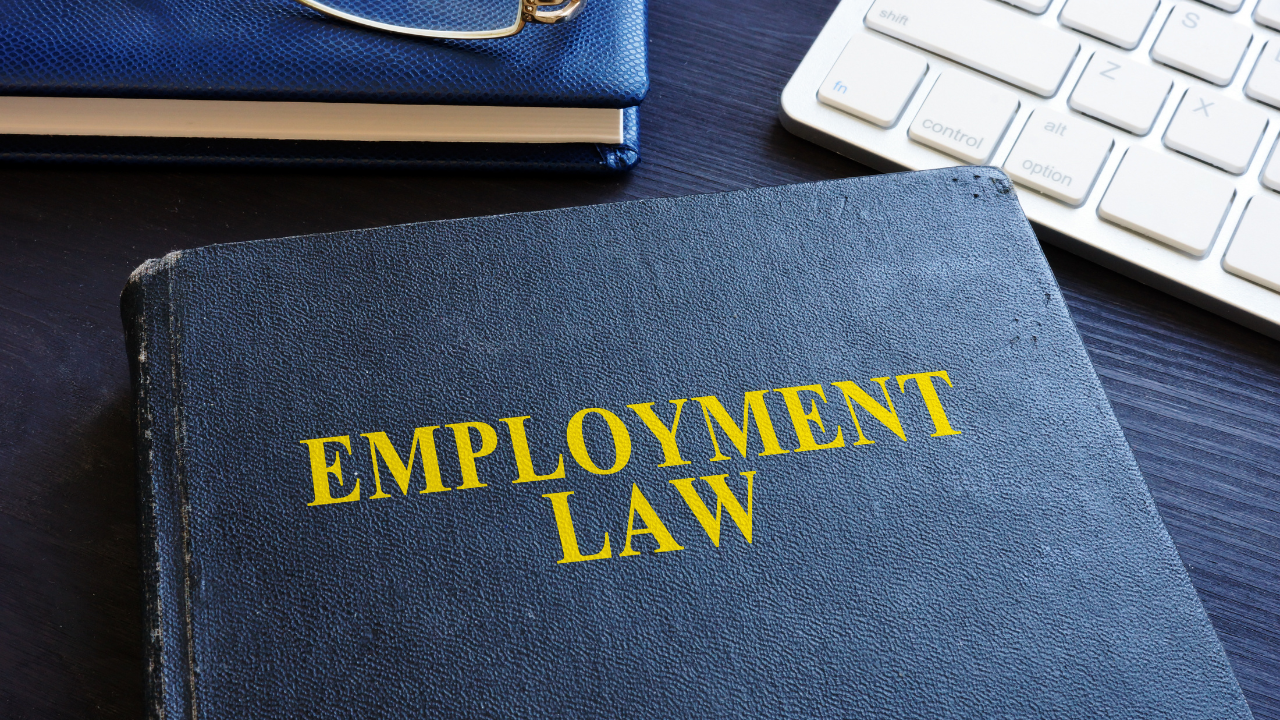Post-Brexit may not seem like the best time to be contemplating a holiday, but it is summer time, so for the next few weeks we will be focussing on how best to work and enjoy the benefits of a holiday for the working environment. Starting with Holiday Pay.
Most workers who work a 5-day week must receive 28 days paid annual leave. Employers may include bank holidays and public holidays in the statutory entitlement if they wish.
If a worker works part time they are also entitled to a minimum of 5.6 weeks of pay holiday each year, but this would be on a pro rata basis.
So if a worker works 2 days she would be entitled to (2 x 5.6) 11.2 days paid annual leave.
If a worker works more than 5 days the statutory annual leave would not increase, it would remain at 5.6 weeks.
Workers are entitled to a week’s pay for each week of leave they take.
If a worker has fixed hours and fixed pay then a week’s holiday pay would be how much a worker gets for a week’s work.
If a worker has shift work with fixed hours, a week’s holiday pay would be the average number of weekly fixed hours a worker worked in the previous 12 weeks at their average hourly rate.
If there are no fixed hours, then a week’s pay would be the average pay a worker got over the previous 12 weeks (in which they were paid).
So, how do we calculate the average hourly rate?
In order to calculate the average hourly rate, only count the hours worked and how much was paid for them. Take the average rate over the last 12 weeks. If the worker received no pay in any week, count back a further week, so that the rate is based on 12 weeks in which they were paid.
For any questions regarding this or any other employment law matters, please do not hesitate to get in touch via email at contact@davenportsolicitors.com or by phone on 020 7903 6888.
















